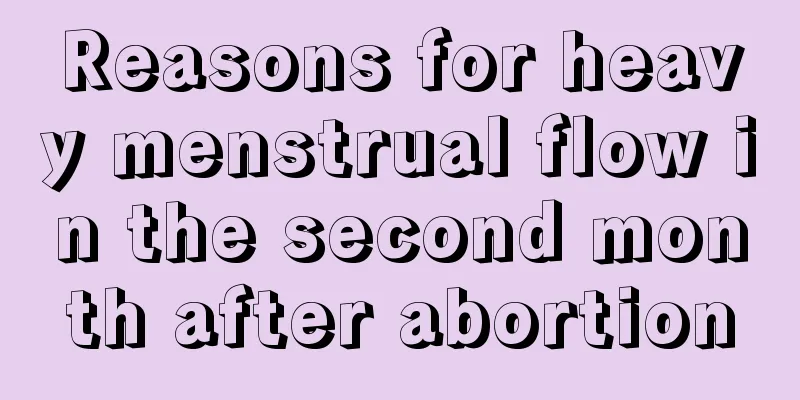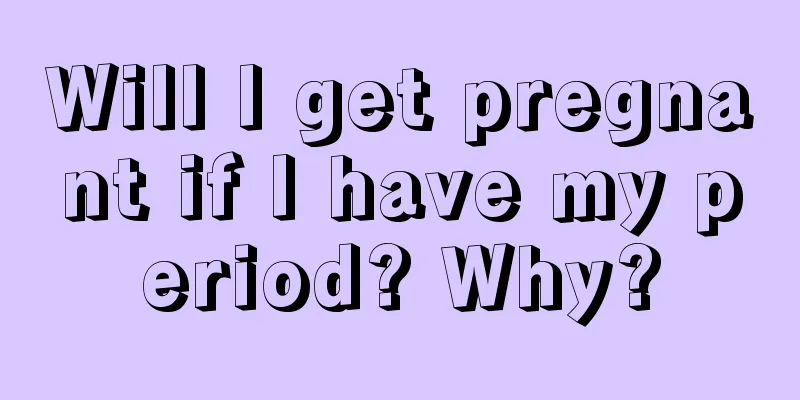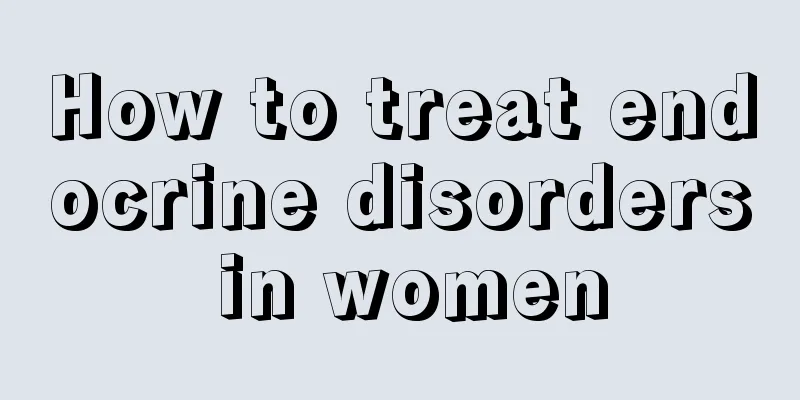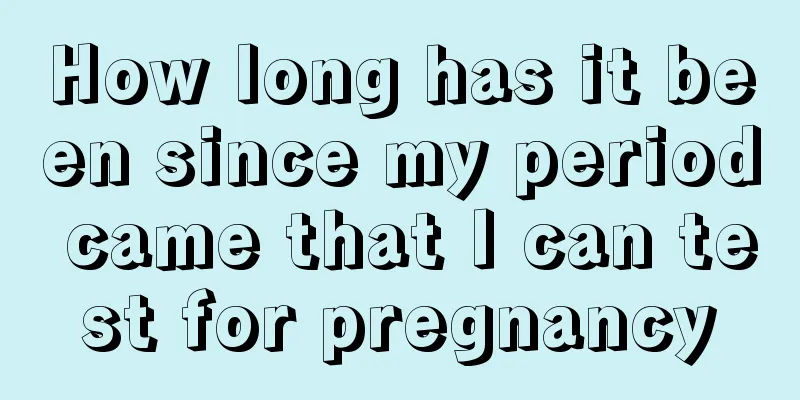When will hair loss after childbirth stop?

|
Postpartum hair loss refers to the gradual yellowing of a woman's hair and varying degrees of hair loss 2-6 months after giving birth, which is medically known as "postpartum hair loss." According to a survey, about 35-45% of pregnant women will experience this type of hair loss. So, why does hair loss occur after childbirth? The editor has summarized it briefly, let’s take a look together. 1. Unique physiological conditions Hair, like other tissues, also undergoes basal metabolism. Generally speaking, it needs to be completely replaced every 5 years, but because the normal hair growth is carried out in stages and batches, it is not easy for people to notice. During pregnancy, because the expectant mother metabolizes more estrogen than usual, the lifespan of the hair is increased, the rate of hair loss is also very slow, and a lot of hair "serves beyond its lifespan". After a pregnant woman gives birth, the body's estrogen level returns to normal, and these "overserved" hairs begin to "retire" one after another, resulting in postpartum hair loss. 2. Influenced by spiritual factors Mental factors are one of the reasons why women lose a lot of hair after childbirth. Many new mothers are always under mental stress or suffer from bad mental stimulation, which can cause the cerebral cortex function to be unbalanced and cause autonomic nervous system dysfunction. In this way, the nerves controlling the hair blood vessels will also be unbalanced, which will reduce the blood supply to the hair and cause the hair to be malnourished and fall out. And a lot of hair loss will also cause more mental stress, aggravate the hair loss, and lead to polarization in the long run. 3. Imbalanced nutrients Because pregnancy and childbirth are a huge consumption process for women, the recovery and nourishment of the body after giving birth require a lot of nutritional supplements. If the mother's digestion and absorption function is poor, the diet is too simple, or she has partiality or picky eating, it is easy to have nutritional deficiencies or nutritional imbalances, resulting in insufficient supply of protein, vitamins or minerals in the body, which in turn affects the growth and metabolism of hair. 4. Poor medical care for the head Some mothers are influenced by local old customs and habits during the confinement period and are afraid to wash and comb their hair. This bad habit will cause the sebaceous secretions of the hair to mix with dust and accumulate, which not only affects the blood supply to the head, but also easily causes folliculitis or hair infection, thereby increasing the chance of hair loss. |
<<: Do raw potatoes really remove stretch marks?
>>: What to eat to relieve pain during menstruation
Recommend
What if I have chest pain before my period?
Some women may experience chest pain due to delay...
Abdominal pain after abortion
Abortion is very harmful to women's bodies. W...
One month pregnant belly bulge
Generally, there will not be much physical change...
If you drool while sleeping during pregnancy, it means it's a boy
It is normal to drool while sleeping during pregn...
Can I eat chocolate after it melts and solidifies? How to store chocolate in summer
In summer, the surface temperature is too high. T...
Can I eat watermelon after having an abortion?
Watermelon is a cool fruit so it is better not to...
What to do if a woman's eyelids are loose
Drooping eyelids are generally caused by excess f...
Why do I bleed when I pee?
Many female friends will find that bleeding somet...
What are the symptoms of kidney cold in women?
The kidneys are a key organ in the human body and...
Three months of milk supply suddenly decreased
We all know that when a mother enters the breastf...
What are the nutritional values of broad beans? Tips on how to fry broad beans to make them crispy and crunchy
Broad beans, also known as Hudou, Buddha beans, H...
What are the benefits and effects of cinnamon tea? What color is cinnamon tea?
Cinnamon tea is black and red, darker than Tiegua...
What is the normal amniotic fluid index at 35 weeks of pregnancy?
Many people don't know much about the new pro...









